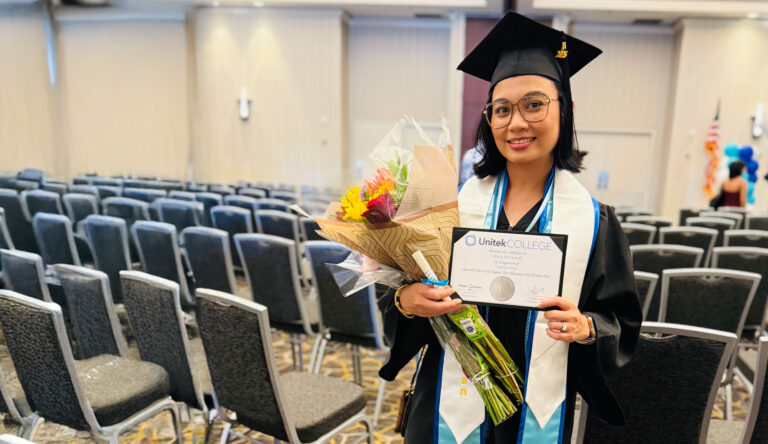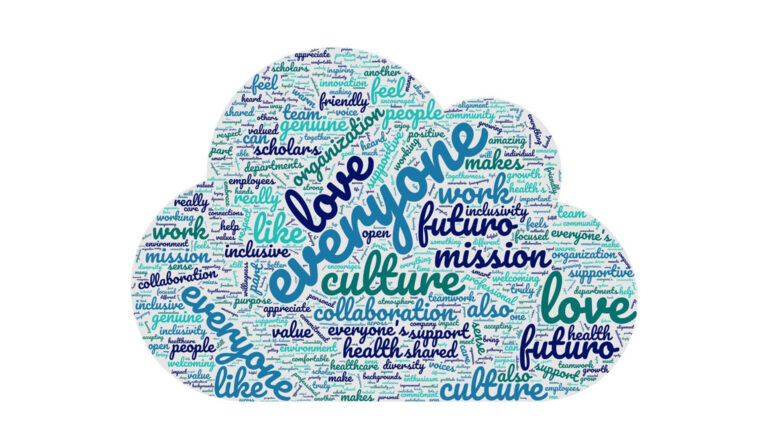Every year, the Association Forum, whose members include the nation’s healthcare association leaders, holds a healthcare collaborative conference to discuss the major issues facing the industry. Association and organization leaders share their viewpoints and insights, working collectively to address common challenges. From race disparities to social determinants in healthcare, the Association Forum is ahead of the curve in setting an agenda that reflects the gaps in health care.
This year, Futuro Health’s CEO Van Ton-Quinlivan provided the keynote. Other speakers and panelists include healthcare behemoths American Medical Association and National Association for Healthcare Quality.
“Van’s keynote and insights on key issues, like burnout, provided an excellent foundation for workforce needs both today and into the future,” said Laurie McGraw, Senior VP Health Solutions, American Medical Association.
The theme for the 2021 Summer Healthcare Collaborative, which took place on July 27, was “The Current and Future State of Healthcare in America.” As a workforce expert for healthcare, Ton-Quinlivan was chosen for her expertise in how the country can overcome the workforce shortages facing the industry today and prepare providers for the future.
Ton-Quinlivan’s talk entitled, “WorkforceRx: Agile and Inclusive Strategies for Unsettled Times”, highlighted workforce development strategies that afford agility and inclusivity.
“Companies often approach workforce development as an individual sport, but a collaborative approach can build an ecosystem where willing partners do what they do best and braid resources to grow the talent pool,” said Van Ton-Quinlivan.
McGraw preceded Ton-Quinlivan and shared recent factoids informing physician burnout:
•Physicians have higher resilience than the general employed US population.*
•Even highly resilient physicians have substantial rates of burnout.
•Nearly 30% of physicians reported being anxious or depressed; work overload**
•Nearly 2/3 experienced high levels of fear of COVID exposure and/or transmission to their family.
•46% experienced an enhanced sense of meaning and purpose.



